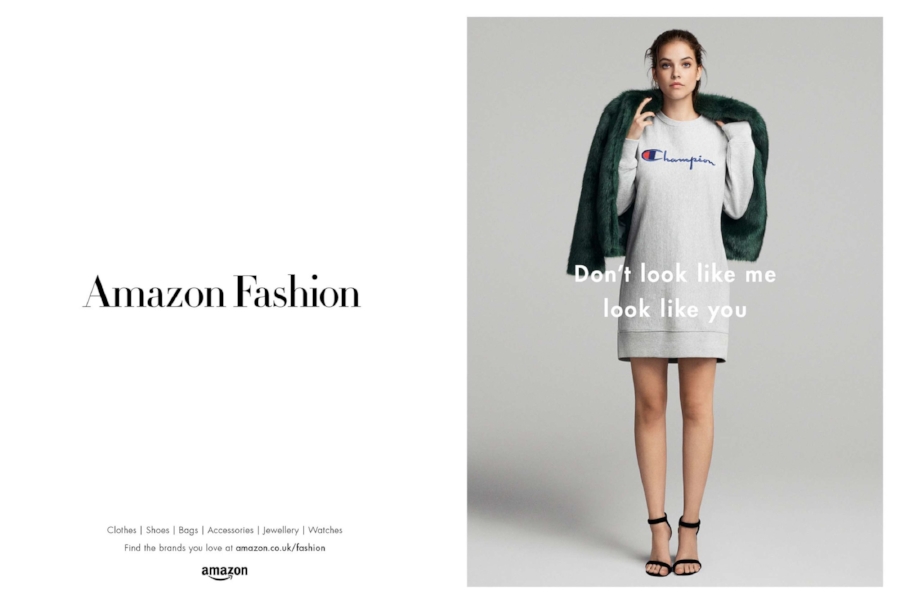 image: Amazon
image: Amazon
“When someone goes to the lengths of making counterfeits of your products, it’s a sign you’re doing something right. And it deserves a minute of flattery,” says Casey Hopkins, the founder of industrial design firm Elevation Lab. But, he counters, “when Chinese counterfeiters tool up and make copies of your product, send that inventory to Amazon, then overtake the real product by auto-lowering the price – it’s a real problem. Customers are unknowingly buying crap versions of the product, while both Amazon and the scammers are profiting, and the reputation you’ve built goes down the toilet.”
Mr. Hopkins, who founded Elevation Lab in Portland in 2008, is sick of Amazon’s “complicity” in the widespread sale of counterfeit goods. And he is not the first to say so. In fact, he is among the likes of Mercedes Benz’s parent company, Daimler AG, which made very similar claims last fall when it filed a striking lawsuit against Amazon.com in federal court in Los Angeles, alleging that the Seattle-based e-commerce giant has engaged in trademark infringement by selling counterfeit Mercedes wheel caps.
In addition to alleging that “Amazon itself sells infringing items as ‘Ships from and sold by Amazon.com’ products,” Daimler asserts that Amazon has repeatedly failed to “establish processes that would better detect and deter infringement.” By opting to not take robust steps to weed out counterfeit goods from its site, whether they are marketed and shipped by third-parties or by Amazon, itself, Daimler claims that Amazon is “opening the door for masses of counterfeiters and scammers to exploit the system at the expense of legitimate brands and customers alike.”
Similarly, Swatch’s Chief Executive Nick Hayek told the Wall Street Journal last year that the e-commerce giant’s failure to commit to “proactively polic[ing] its site for counterfeits and unauthorized retailers,” prevented the companies from partnering despite months of negotiations. And still yet, Birkenstock has gone to great lengths to cut ties with Amazon.
The footwear brand announced in 2016 that as of January 1, 2017, it would no longer supply its footwear products to Amazon and will no longer authorize third-party merchants to sell its products on the site, either. That was followed by a December 2017 statement from Birkenstock that it is swearing off the e-commerce marketplace in the European Union, as well.
According to a statement released by the footwear company in December, “Birkenstock and its affiliated companies are terminating their business relations with Amazon EU with effect from January 1, 2018. On this date, Birkenstock will completely discontinue direct deliveries provided by the U.S. online retailer’s Luxembourg-based European subsidiary.”
Amazon responded to Hopkins’ fury with a lengthy statement, defending its efforts to fight counterfeiting. The company’s spokesman stated, “We strictly prohibit the sale of counterfeit products and invest heavily – both funds and company energy – to ensure our policy against the sale of such products is followed.”
Its efforts to ensure a counterfeit-free platform include “employ[ing] dedicated teams of software engineers, research scientists, program managers, and investigators to operate and continually refine our anti-counterfeiting program,” enabling rights holders to use“Amazon’s Brand Registry service to manage and protect their brand and intellectual property rights on Amazon,” and “making significant investments in innovative machine learning and automated systems in order to anticipate and stay ahead of bad actors.”
Interestingly and arguably very much in line with the common thread of most companies’ complaints that Amazon does too little to proactively fight fakes, and instead, focuses its efforts on reacting after the fact, Amazon also responded to the recent furor over its failure to fight fakes by filing a series of lawsuits against a number of alleged sellers of counterfeit Vera Bradley handbags and OtterBox phone cases.
According to Security Industry, “The court documents note that Vera Bradley advised Amazon that fake goods were being sold online, forcing the e-commerce giant to investigate the claims including contacting the sellers, who were found to give false representations.” As for OtterBox, “the lawsuit arose after OtterBox made a test purchase of an iPhone case from the defendants’ account and found it to be counterfeit,” thereafter alerting Amazon of the presence of counterfeits.
Realistically, the chance of brands nabbing Amazon in connection with the sale of counterfeits is somewhat unlikely, at least in part due to the ruling in the Tiffany v. eBay case, which found that while a large number of counterfeit goods were being sold on eBay, the online marketplace was not liable for trademark infringement. The Second Circuit court found for eBay in 2010, holding that eBay had taken the necessary steps in order to combat infringement (namely, implementing VERO, a fraud prevention program, actively pursuing counterfeit Tiffany sellers, etc.), and ultimately held that the duty falls in the trademark holder to police its mark.
Despite the likelihood (or lack thereof) of liability for Amazon in connection with the widespread availability of counterfeit goods on the Amazon platform (there is a chance the Daimler case will provide a new rule on this), the bad press that Amazon continues to face over its allegedly counterfeit-saturated site could ultimately prove to be problematic and prompt Amazon, a publicly-listed company whose share price is arguably not immune to the perception of rampant counterfeiting, to clean up its act.











